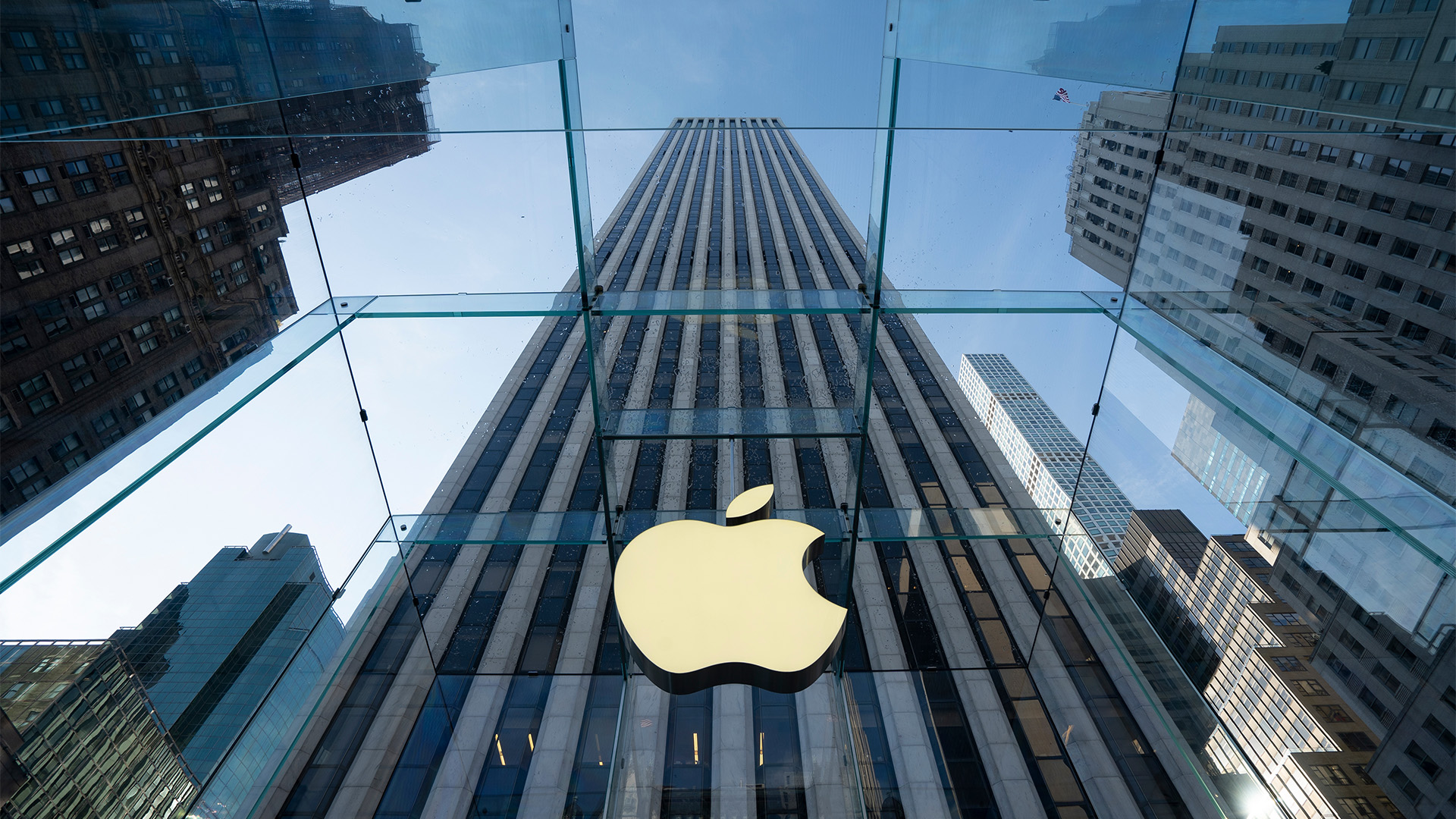Blame Russia’s invasion of Ukraine for the gloomy change in the tone of the latest forecast for the global economy from the World Bank which has slashed its growth forecast and warned some small and less developed economies face a rising risk of recession.
Global growth is expected to slump from 5.7% in 2021 to 2.9% this year and significantly lower than 4.1% forecast in January.
Growth in advanced economies (such as Australia) is forecast to almost halve from 5.1% last year to 2.6% in 2022.
The new figure for 2022 is 1.2 percentage point below projections in January.
The bank said that it sees growth slowing further 2.2% in 2023, “largely reflecting the further unwinding of the fiscal and monetary policy support provided during the pandemic.”
In fact the bank reckons growth will “hover around that pace over 2023-24, as the war in Ukraine disrupts activity, investment, and trade in the near term, pent-up demand fades, and fiscal and monetary policy accommodation is withdrawn,” the bank said in its June monthly outlook.
Energy and food bills have been rising around the world and the risk of high inflation and low growth – so-called “stagflation” – is also higher, World Bank President David Malpass said in a statement with the outlook.
Expansion in emerging market and developing economies, meanwhile, is forecast to fall to 3.4% this year from 6.6% in 2021, well below the annual average of 4.8% from 2011 to 2019.
“The war in Ukraine, lockdowns in China, supply-chain disruptions, and the risk of stagflation are hammering growth. For many countries, recession will be hard to avoid,” Mr Malpass said.
He said that the danger of stagflation was “considerable”.
“Subdued growth will likely persist throughout the decade because of weak investment in most of the world. With inflation now running at multi-decade highs in many countries and supply expected to grow slowly, there is a risk that inflation will remain higher for longer.”
European countries most likely to suffer a sharp drop in economic output in 2022 are Ukraine and Russia.
“Even if a global recession is averted, the pain of stagflation could persist for several years – unless major supply increases are set in motion,” Mr Malpass said.
“Global inflation is expected to moderate next year but it will likely remain above inflation targets in many economies.
The report noted that if inflation remains elevated, a repeat of the resolution of the earlier stagflation episode could translate into a sharp global downturn along with financial crises in some emerging market and developing economies,” the World Bank said.













